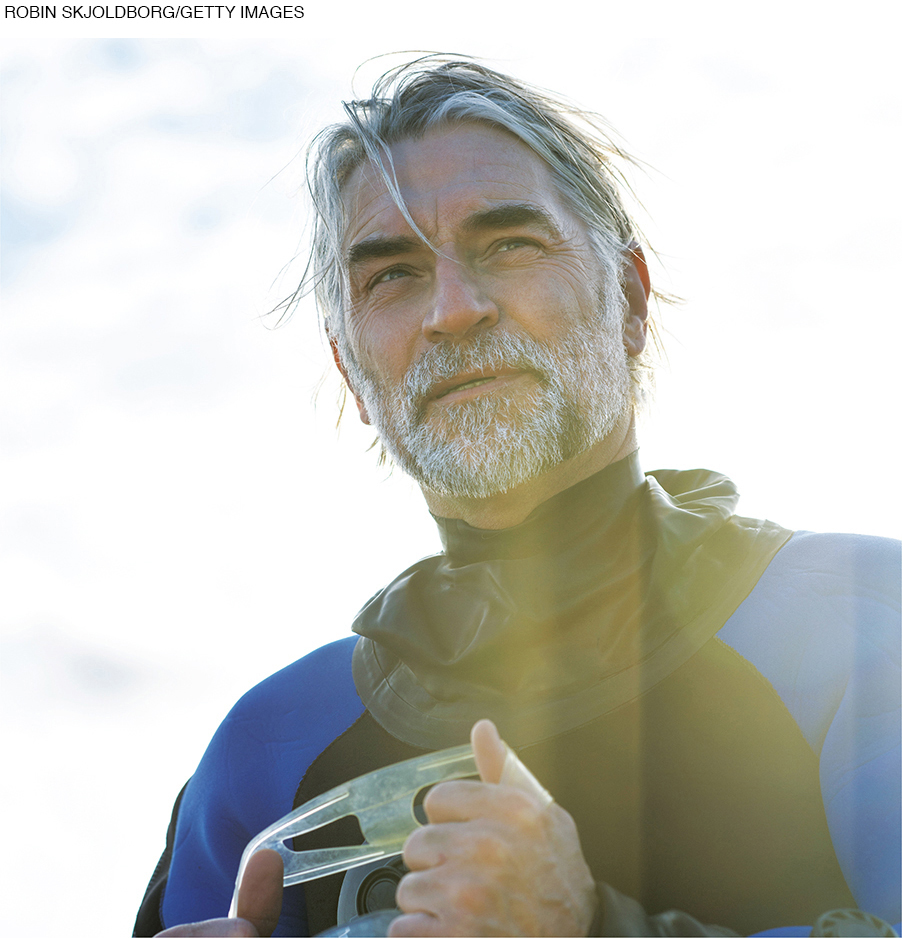Chapter Introduction

CHAPTER OUTLINE
Exercise
Drug Use
Diet
OPPOSING PERSPECTIVES: A Habit Is Hard to Break
Appearance
Disease in Adulthood
Sex and Fertility
Pathological Changes
Intelligence in Adulthood
A VIEW FROM SCIENCE: Adult IQ
Components of Intelligence: Many and Varied
Stressors and Thought
Optimization with Compensation
Expert Cognition
A CASE TO STUDY: Jenny, Again
CHAPTER 12
Adulthood
Body and Mind
WHAT WILL YOU KNOW?
Why don’t people feel as old as they are?
Why are lung cancer rates decreasing in American men but increasing in American women?
Do adults get more or less smart as they grow older?
Is everyone an expert in something?
Video: Adulthood Body and Mind: A Brief Overview
Jenny was in her early 30s, a star in my human development class long ago, before my first textbook was published. She told the class that she was divorced, raising her 9-
A year later, Jenny came to my office to speak privately. She said she was four weeks pregnant. The father, Billy, was a married man. He had told her he would not leave his wife but that he would pay for an abortion. She loved him and feared he might end their relationship if she did not terminate the pregnancy. She wanted to talk to me first.
I learned more. She was not opposed to abortion on religious grounds; her 7-
Jenny was about to graduate with her associate degree and had found a job that would enable her family to leave their dangerous neighborhood. She was eager to get on with her adult life. After a long conversation, she thanked me profusely—
Then she surprised me:
“I’ll have the baby,” she said. “Men come and go, but children are always with you.”
I had thought her narrative was leading to a different conclusion, but her values shaped her life, not mine. We all make decisions about our bodies and our futures, ideally after discussing facts and implications with someone we trust.
Adulthood covers four decades, from ages 25 to 65. As with Jenny, questions about childbearing and caretaking arise throughout adulthood, as do concerns about health. This chapter explains facts about aging, sex, reproduction, disease, and more, and then it describes adult cognition. Adults use their minds to sort through facts, emotions, and values, leading to unexpected thoughts and personal decisions.
Expertise is also described in this chapter. Jenny came to me not for advice but because she believed I am an expert in human development. I told her about age (she was not too old to have a baby) and about genes (Billy should be tested for sickle-